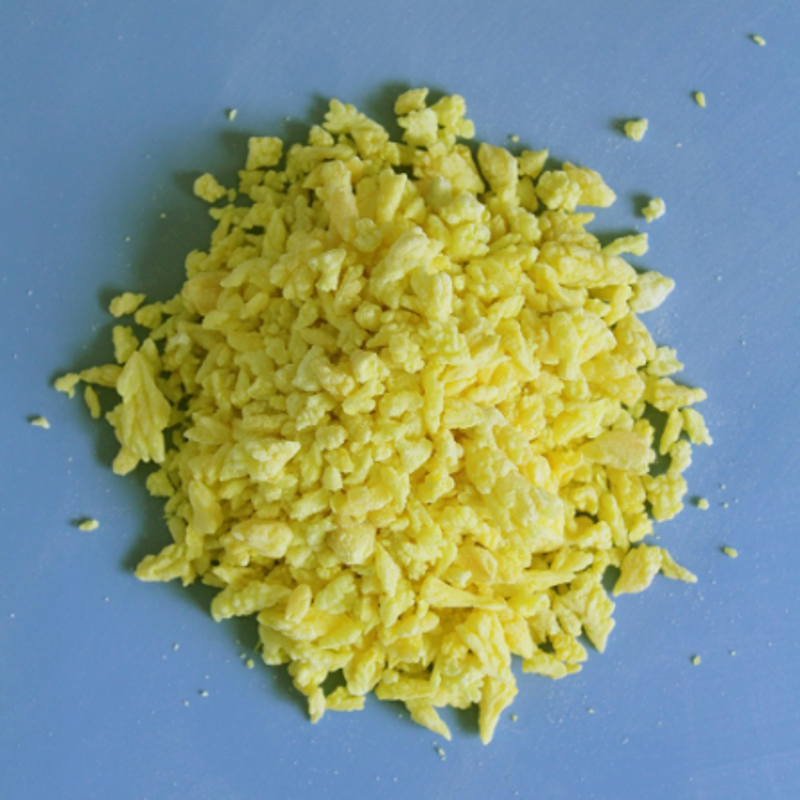-
Categories
-
Pharmaceutical Intermediates
-
Active Pharmaceutical Ingredients
-
Food Additives
- Industrial Coatings
- Agrochemicals
- Dyes and Pigments
- Surfactant
- Flavors and Fragrances
- Chemical Reagents
- Catalyst and Auxiliary
- Natural Products
- Inorganic Chemistry
-
Organic Chemistry
-
Biochemical Engineering
- Analytical Chemistry
-
Cosmetic Ingredient
- Water Treatment Chemical
-
Pharmaceutical Intermediates
Promotion
ECHEMI Mall
Wholesale
Weekly Price
Exhibition
News
-
Trade Service
Ranitidine hydrochloride is a widely used drug in the field of gastroenterology.
It is often prescribed to patients suffering from acid reflux, gastroesophageal reflux disease (GERD), and other related conditions.
The drug works by reducing the amount of acid produced by the stomach, thereby providing relief to the patient.
In this article, we will explore the instruction of ranitidine hydrochloride, its drug profile, and its therapeutic use.
Instruction of Ranitidine Hydrochloride
Ranitidine hydrochloride is a synthetic histamine-2 receptor antagonist.
Its chemical name is N-(2,6-dimethylepiprazin-1-yl)-N′-[[2-[dibromo[6-[(dibutylamino)sulfonyl]amino]-4-[[3,4-dihydro-2H-pyrano[3,2-d][1,4]benzoxazepin-9-yl]oxy]phenyl]methyl]-N'-hydroxy-2,6-dimethylpipazinamide monohydrochloride.
The molecular formula of ranitidine hydrochloride is C21H28N6O2S2•HCl, and its molecular weight is 432.
09 g/mol.
Drug Profile
Ranitidine hydrochloride is a prescription medication that is used to treat conditions caused by excess stomach acid.
It works by blocking histamine receptors in the stomach, which reduces the amount of acid produced.
Ranitidine hydrochloride is available in various forms, including tablets, capsules, and oral solution.
The drug is usually taken once or twice a day, depending on the condition being treated.
Therapeutic Use
Ranitidine hydrochloride is used to treat a variety of gastrointestinal conditions, including acid reflux, heartburn, and GERD.
It is also used to prevent and treat ulcers, particularly those caused by the use of nonsteroidal anti-inflammatory drugs (NSAIDs).
In addition, ranitidine hydrochloride can be used to treat conditions caused by excessive acid production, such as gastric and duodenal ulcers.
Ranitidine hydrochloride is generally well-tolerated and has a low risk of side effects.
However, like all medications, it can cause some adverse effects.
Common side effects of ranitidine hydrochloride include headache, dizziness, and constipation.
In rare cases, the drug can cause more serious side effects, such as kidney problems, allergic reactions, and a decrease in white blood cell count.
Ranitidine hydrochloride should be used with caution in certain populations, including children under the age of 12, pregnant women, and breastfeeding mothers.
Patients who have kidney or liver disease should also use the drug with caution, as it may not be effectively eliminated from the body.
Conclusion
Ranitidine hydrochloride is an effective medication used to treat conditions caused by excess stomach acid.
It works by blocking histamine receptors, reducing acid production in the stomach.
The drug is available in various forms and is usually well-tolerated, with a low risk of side effects.
However, it should be used with caution in certain populations and may cause adverse effects such as kidney problems, allergic reactions, and a decrease in white blood cell count.
It is important to follow the instructions provided by a healthcare professional when taking ranitidine hydrochloride to ensure safe and effective treatment.







